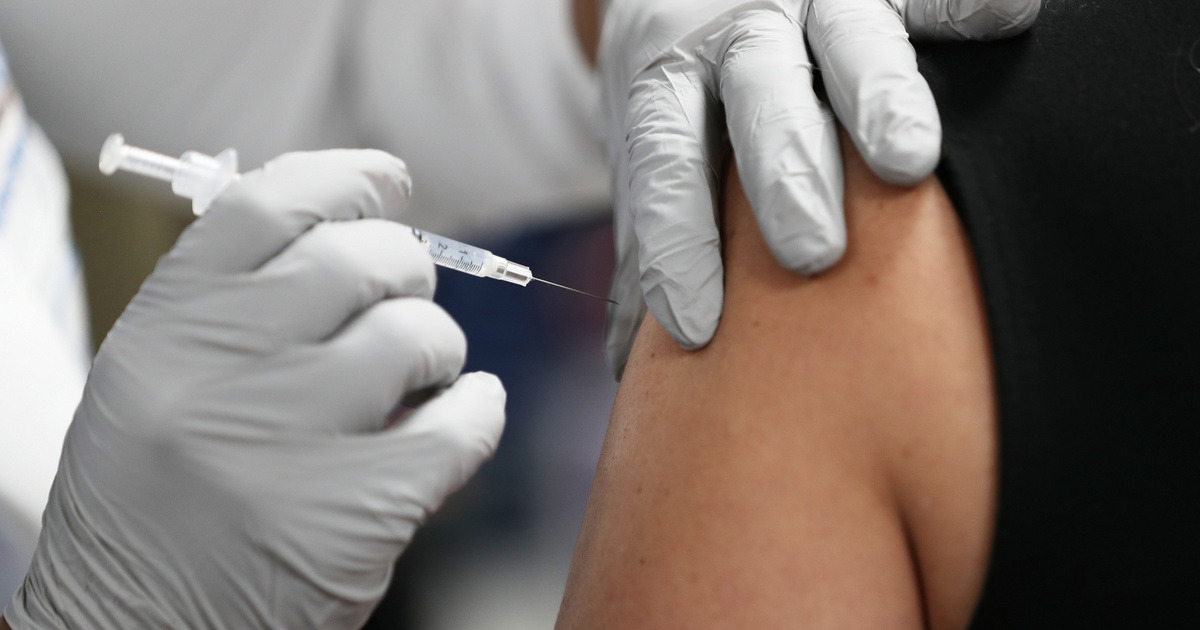The US National Institute of Allergy and Infectious Diseases (NIAID) said an mRNA-based vaccine that was recently tested in human volunteers has performed well in experiments on primates and mice.
The vaccine has been shown to provide an adequate immune response against a virus very similar to HIV. The experiment was conducted on rhesus monkeys, including macaques, which showed a 79 percent reduction in their exposure to the virus after vaccination.
Anthony Fauci, the US government’s chief epidemiologist, who is also the director of the NIAID, noted that they have been trying a vaccine to prevent HIV for nearly four decades, but have not yet been able to develop an appropriate vaccine.
This experimental mRNA vaccine has several features that together may have the potential to overcome the shortcomings of previous vaccines.
Happy Fauci.
The vaccine was first tested in mice, at which time the vaccine elicited an immune response in all vaccinated animals. This was followed by non-human primates, who got not only two vaccines but also several booster doses. Meanwhile, only mild side effects (such as short-term loss of appetite) were observed in the animals.
Based on data from trials, scientists are currently working on a protocol to test and use the vaccine in humans. If the vaccine proves safe and effective in humans, the research leader said, phase 1 studies in volunteers will soon begin.
(via Medical Express)
(Cover Image: Joe Raedle/Getty Images)












































